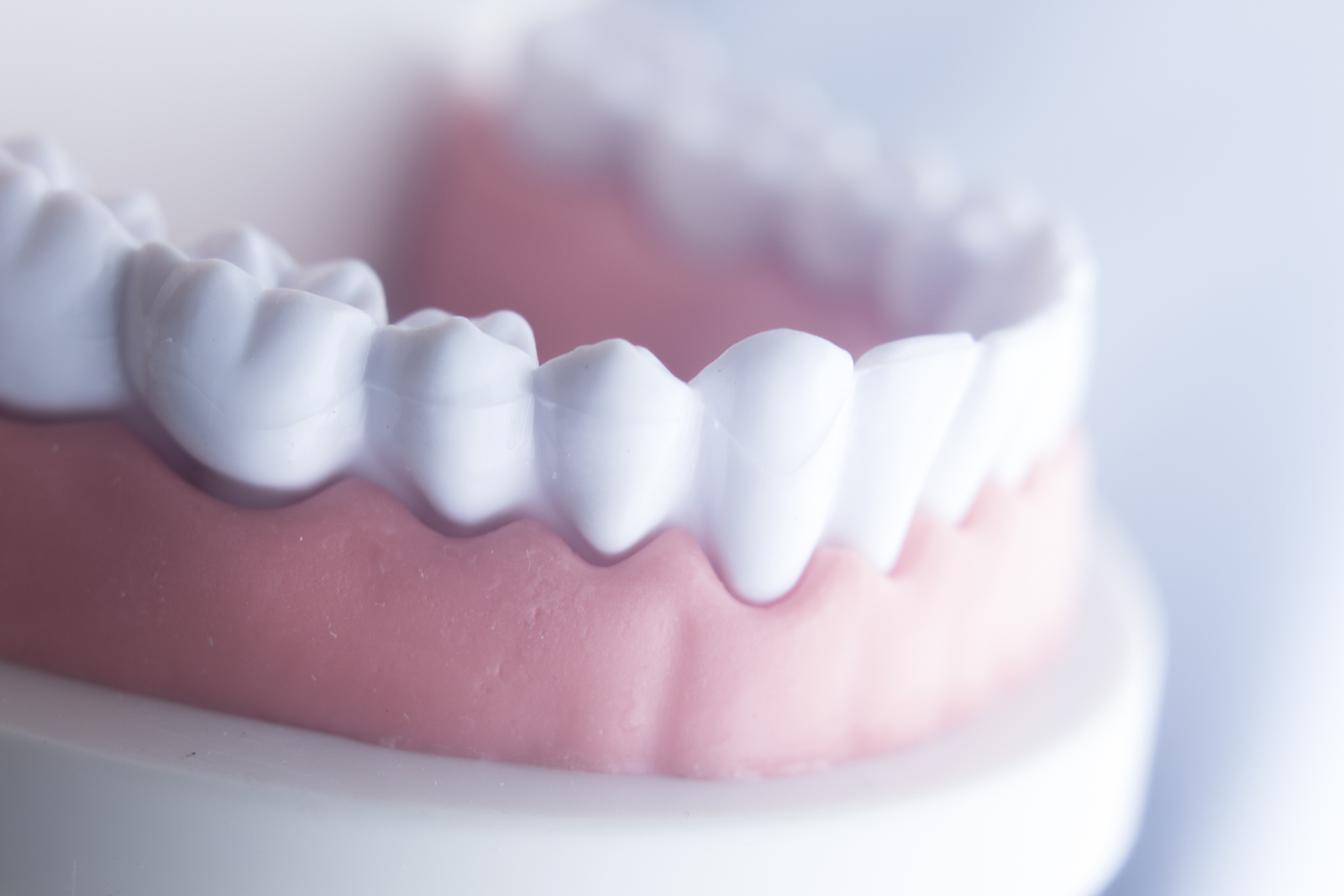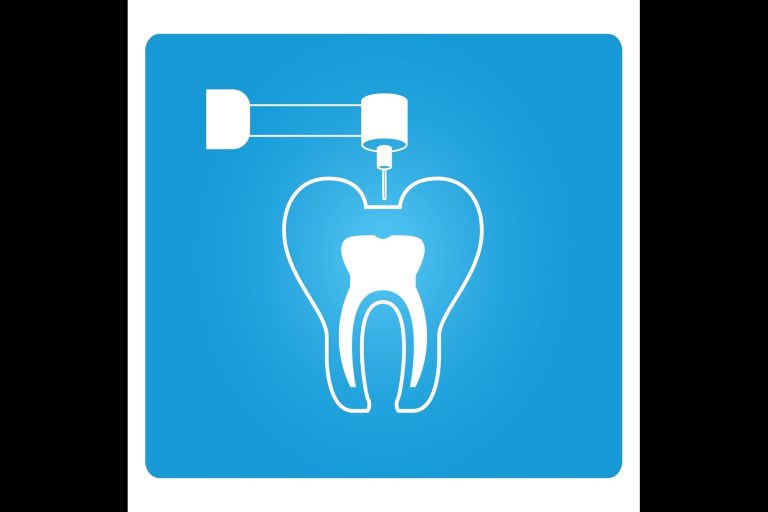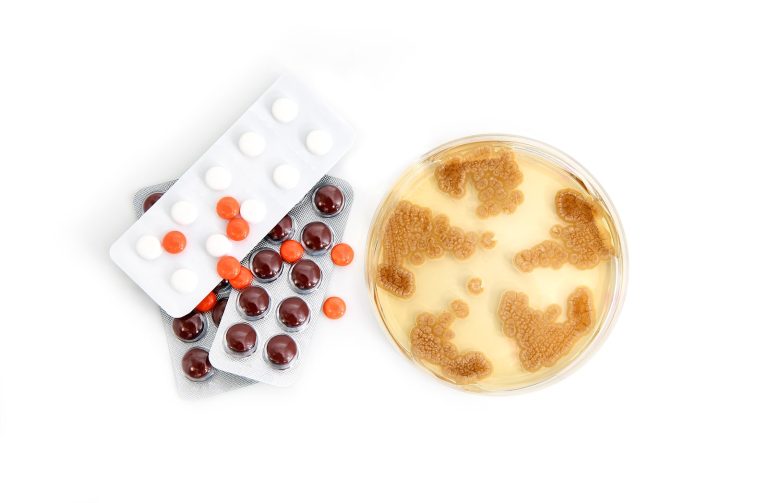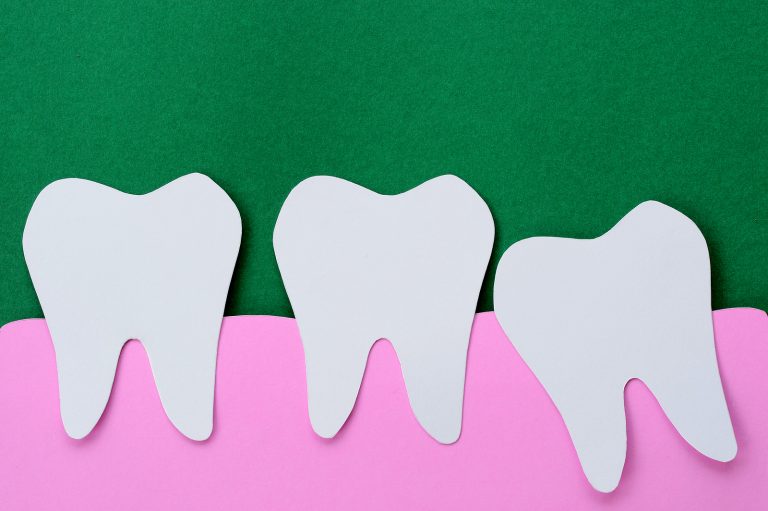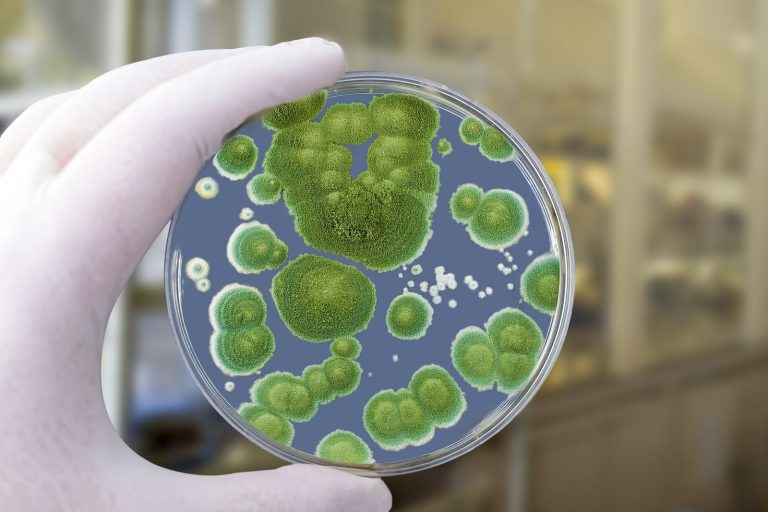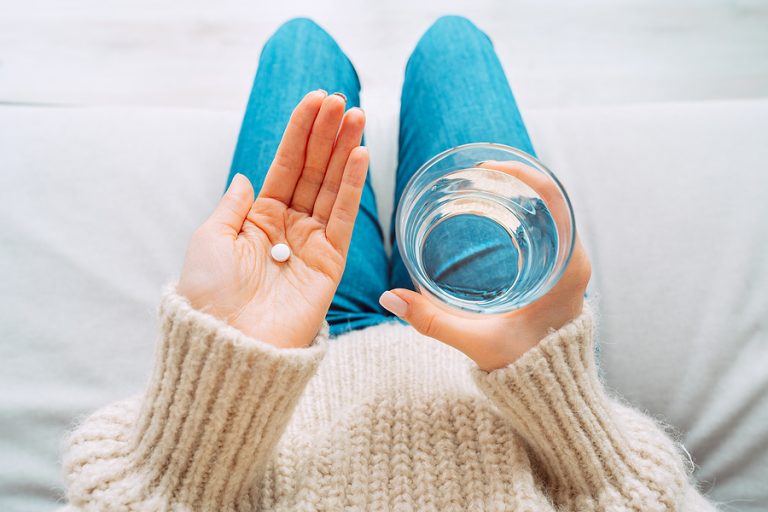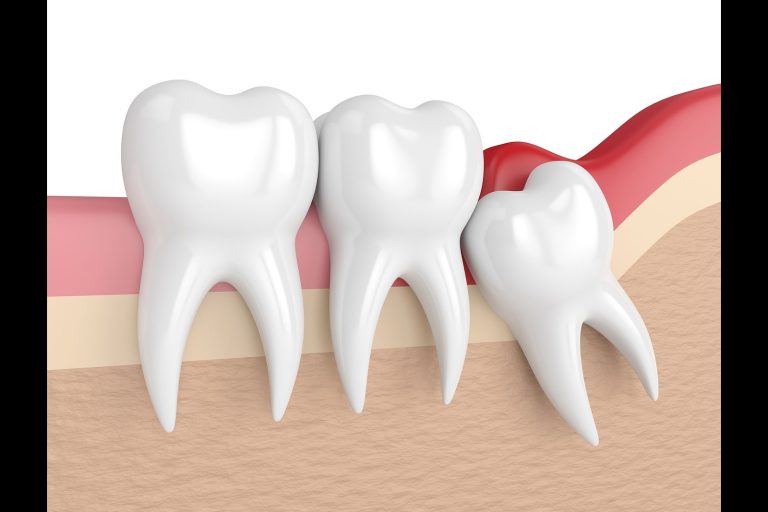Cancer treatments like chemotherapy can cause a wide range of side-effects, with the likes of nausea, vomiting, fatigue, a weakened immune system, lack of energy, temporary hair loss, gastrointestinal issues and bleeding or bruising more easily among the most well known.
However, it’s also worth noting that chemotherapy and certain drugs can cause oral problems, as can radiation therapy if it’s targeted towards the head and neck.
A lot of the time, these mouth problems are mild but, if left unaddressed, they can become serious and start having an impact on your day to day life.
And even with the appropriate level of oral hygiene and dental care, oral issues may not always resolve themselves, so it’s worth talking to your healthcare team about any problems you’re experiencing.
Why does chemotherapy affect your mouth?
Treatments like chemotherapy, radiotherapy and immunotherapy, as well as other targeted medication, work by stopping cancer cells from growing so that they die off. However, typically healthy cells are affected, as well, and the cells lining the mouth are particularly sensitive to cancer treatment effects.
As such, inflammation and soreness are both a possibility, a condition known as mucositis. Ulcers (small painful sores) can also form in the tissue inside the mouth, as well as on the tongue.
These usually develop between five and ten days after chemotherapy begins and will typically go once the treatment course has finished.
It’s important to tell your doctor immediately if you have any of these concerns or if you’re in lots of pain, as you may need to take strong painkillers or even potentially a morphine drip if you’re unable to swallow due to the pain.
Note that ulcers can also get infected and this will be more serious if you’re undergoing cancer treatment. In this instance, the infection will need to be treated quickly.
Tooth decay & cancer treatment
As well as causing potential inflammation, sores and infections, cancer treatment can also increase the risk of tooth decay.
Patients are often advised to go for a dentist’s appointment before treatment begins so that any sources of infection or dental decay can be dealt with first including cavities, gum infections and so on.
If you have tooth decay, the bacterial acid in your mouth starts to attack the enamel on the surface of the tooth. If this goes unaddressed, it can lead to a cavity, which in turn can then cause pain and infections in the form of dental abscesses.
This is where pus starts to build up in the centre of the tooth, with symptoms including continuous pain, a bitter taste in the mouth, bad breath, pain when chewing, swelling of the gum, as well as the upper or lower jaw, and sensitivity to hot and cold stimuli.
Typically, for people who aren’t going through chemotherapy, the recommended course of action in the event of a dental abscess is to go and see a dentist as soon as possible so they can drain the pus and treat the source of infection.
If, for whatever reason, an appointment cannot be secured, they can buy amoxicillin to treat the symptoms and bring them relief until they are able to see a dentist.
Amoxicillin is a type of penicillin antibiotic, used to treat dental abscesses, as well as chest infections (including pneumonia). With abscesses, taking the drug can prevent it from spreading to nearby teeth, as well as the jaw and other structures in the face.
For cancer patients, however, their physician may not recommend taking certain antibiotics during chemotherapy, which is why it’s advised to see a dentist before treatment so that issues can be avoided wherever possible.
It’s also important to talk to your doctor before you start taking any medication that they haven’t specifically prescribed themselves.
How to take care of your mouth during chemo
Keeping your mouth clean is important no matter what, but it’s especially so if you’re going through chemotherapy. Always let your doctor and healthcare team know if your mouth is starting to feel sore as they can give you medication to ease your symptoms.
Be gentle when cleaning your mouth and teeth, doing so every morning, evening and after you eat, using a soft bristled toothbrush. If you find that your toothpaste is stinging, consider switching it out for an alcohol-free mouthwash instead. There are also mouthwashes available that contain local anaesthetic that can help if your mouth is especially sore.
One important point to make note of is that, while most people are advised to floss their teeth and gums at least once a day, this may not be appropriate for anyone undergoing chemotherapy.
While flossing can keep your mouth clean and fresh, it can damage the gums. If you’re having chemotherapy, you may have a low blood platelet count.
Platelets are important for blood clotting so if you have a low count you may be advised against flossing because it can cause bleeding of the gums. If your gums are bleeding, they’re more prone to infection.
But it’s not just about practising good oral hygiene and what you eat and drink can also have an impact on how your mouth feels.
To avoid irritating the lining of your mouth, consider not drinking alcohol and smoking, as well as not eating sharp or crunchy foods, which can scrape your mouth and cause small cuts.

